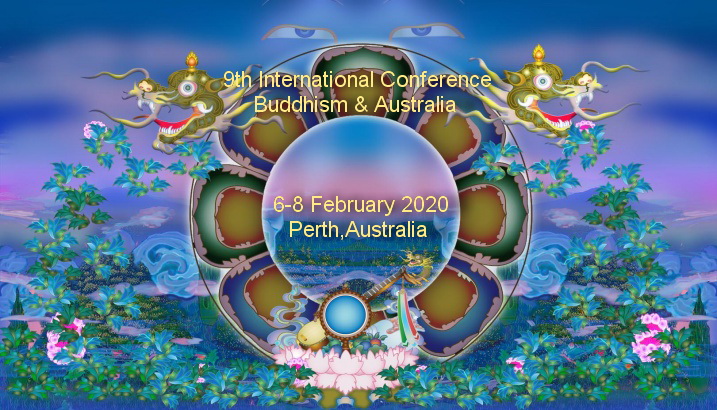Our friends at Buddhism and Australia will be hosting their 9th International Conference from 6 – 8 February 2020 in the city of Perth, in the beautiful state of Western Australia. This conference will investigate the history, current and future directions of Buddhism in Australasia and is a platform for scientists and Buddhists to present their latest research on Buddhism.
To participate in the conference, please contact Marju Broder, Organizing Chair, at [email protected]. Mobile: +61 0 405549923
Researchers across a broad range of disciplines are invited to attend, and
submissions can be made to the organization to participate in pre-formed panels. Topics for submission include, but are not limited to:
- Buddhist Psychology
- Chinese Communism and Buddhism in China
- The Buddha’s historical birthplace
- Buddhism and the Media
The organizers are also accepting proposals on Buddhist history, philosophy, texts, as well proposals on any related theme. Papers to be presented at the conference will be published on conference website. Papers must not have previously been published and, if accepted, cannot be published through other media.
Visit our website here
The founder of this international conference “Buddhism & Australia” is Vello Vaartnou, the Head of Estonian Nyingma and IC Buddhism & Australia. Vello Vaartnou considers that Buddhist conferences are necessary for qualified academics and traditional Buddhists to develop mutual understanding and ideas on how to develop and carry on the ancient teachings in the 21st century.
Vello Vaartnou is a significant person in terms of modernizing Buddhist teachings and making them more widely available. For example, he was the first person who ever started drawing traditional Buddhist paintings thangkas and mandalas on computers. He created his first online Buddhist Encyclopedia in 2005 in Estonia. In 2012 he initiated the online Chinese Buddhist Encyclopedia, which he introduced to the public at UC Berkeley in December of that year.
Vello Vaartnou re-established the Buddhist tradition in Estonia. He has built 8 stupas, a temple and many prayer wheels, translated Buddhist literature, and is also the founder of the Estonian National Independence Party and its first program. He studied in Ivoplga Monastery for 9 years and has spent 8 years in solitary retreat.

